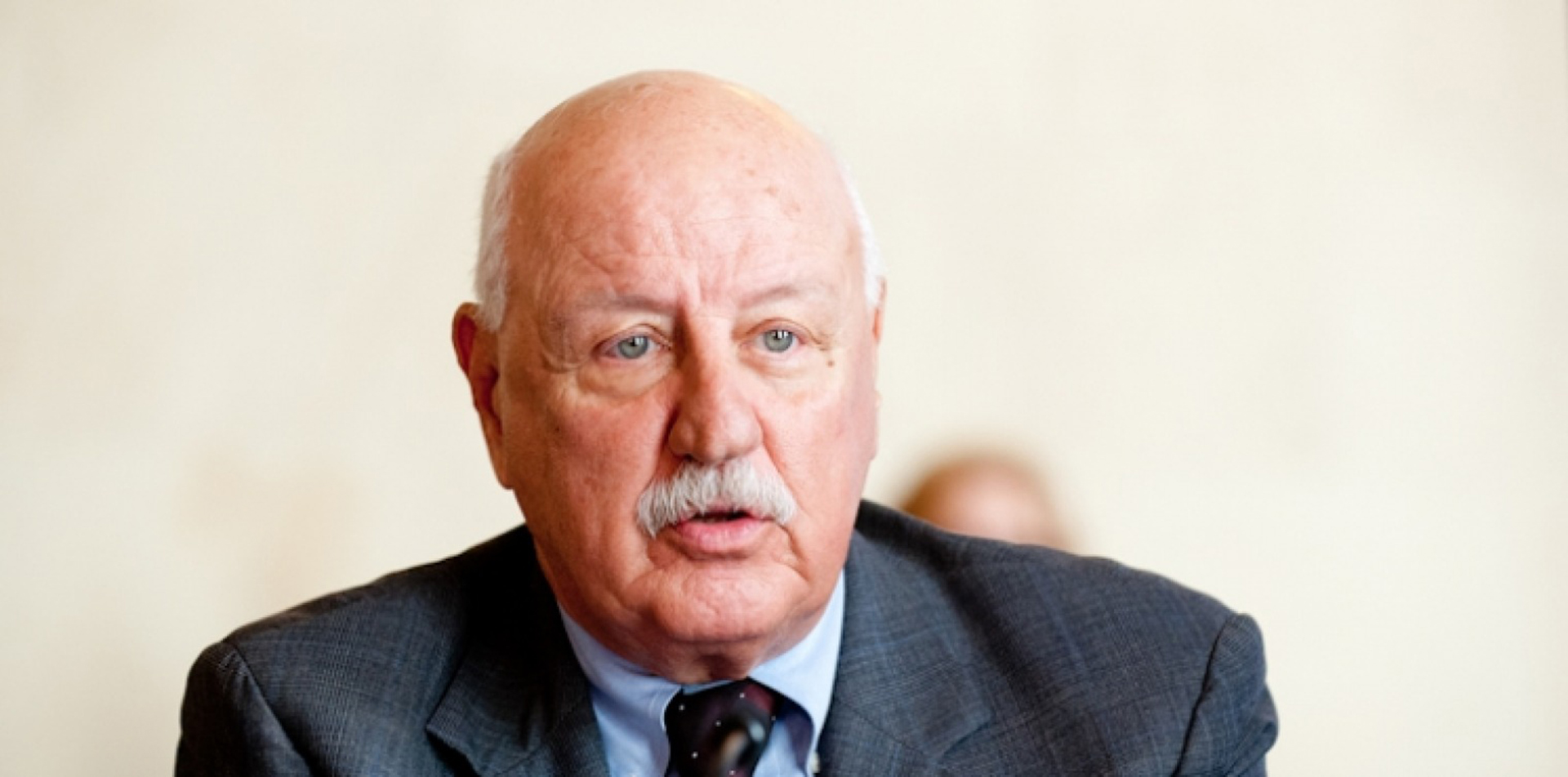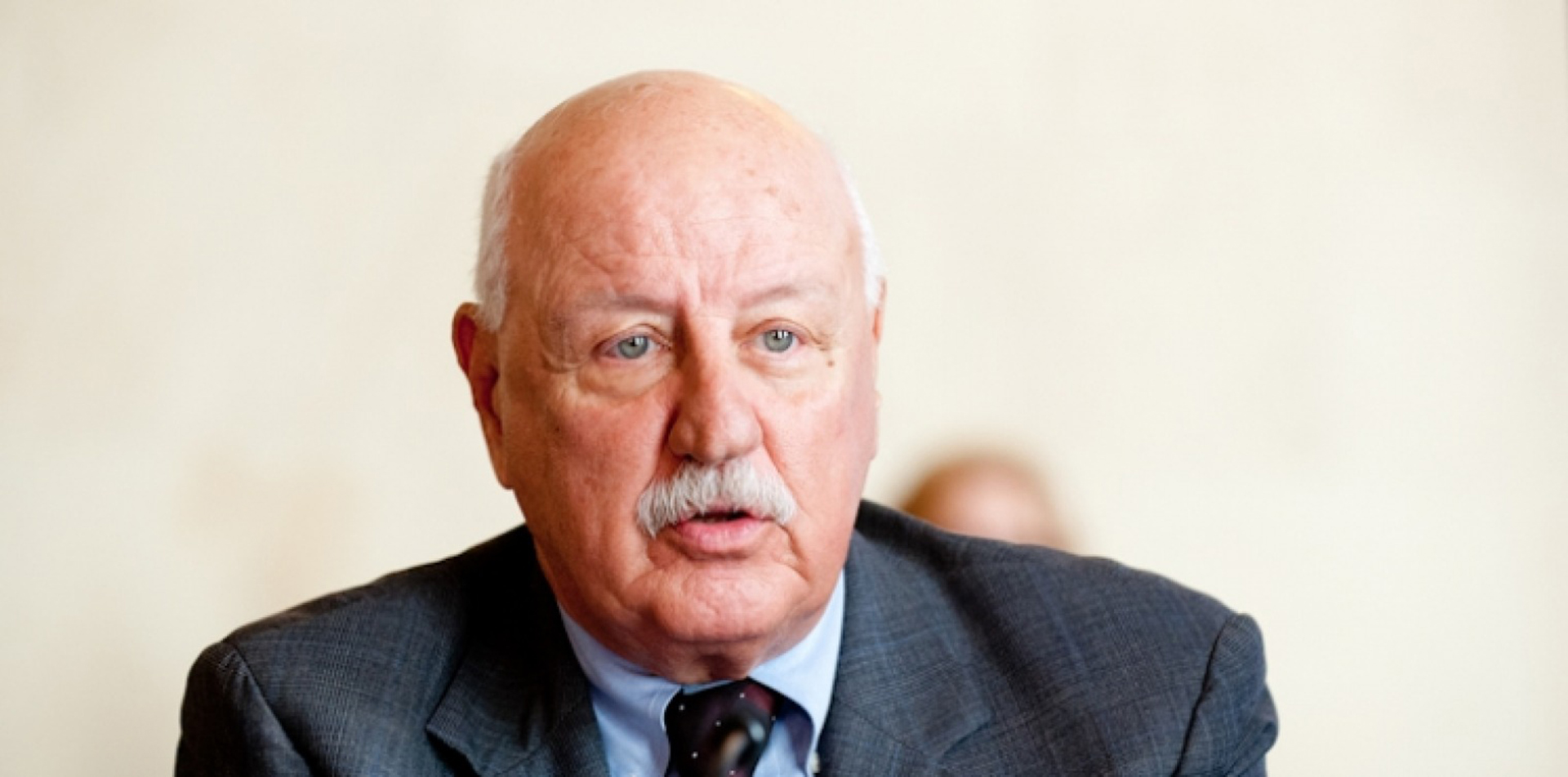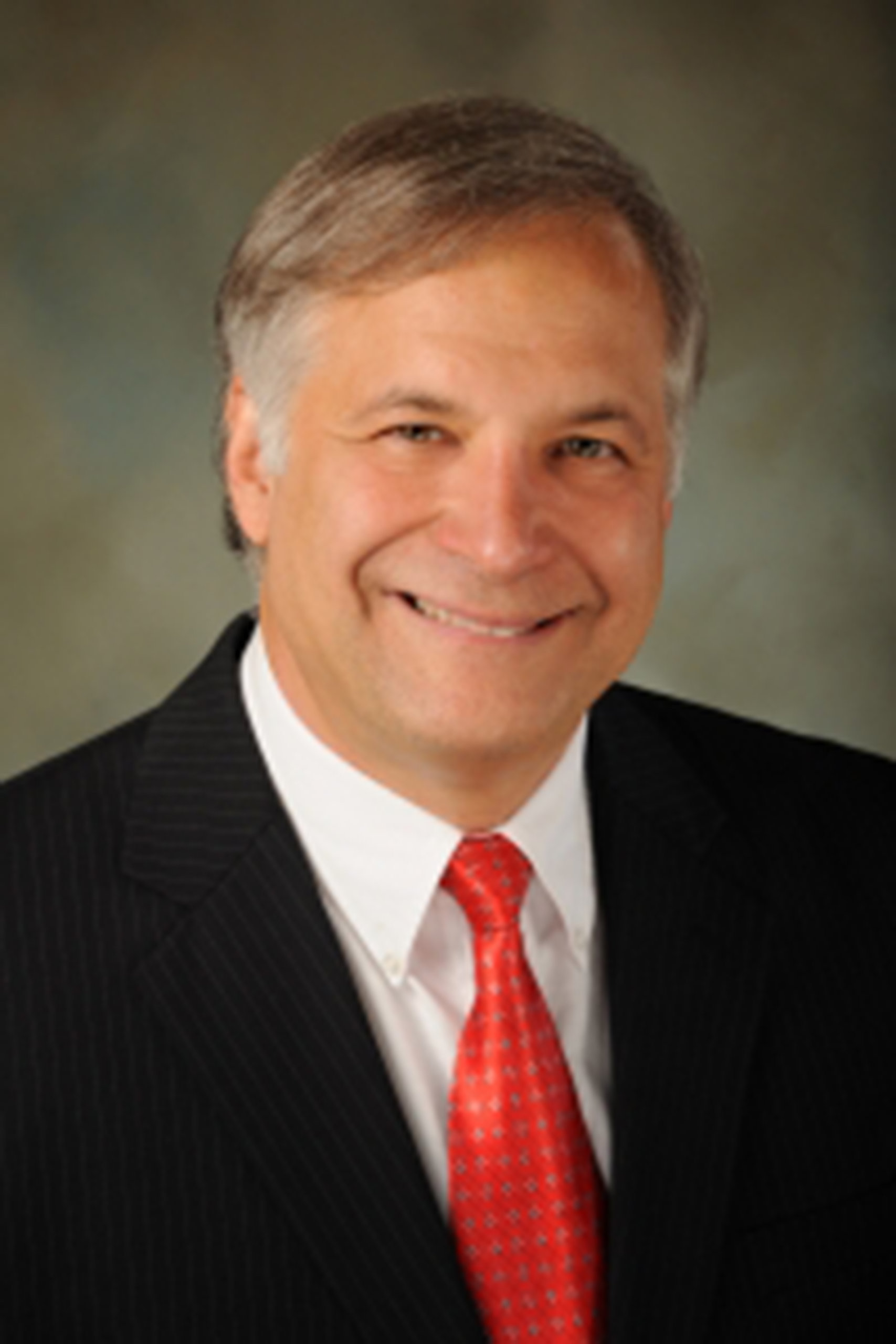Candidates Want To Reopen Child Abuse Cases


Thousands of child abusers in New York State will never be brought to justice unless Albany lawmakers take action and change the statute of limitation laws currently on the books.
Victims and pressure groups promoting the cause have urged lawmakers without success for years. Last June, proponents made a push to get lawmakers to include funding for the Child Victim Act in the proposed state budget only to be stymied, as with several earlier attempts, by Republicans in the State Senate.

The Child Victims Act would raise the criminal statute of limitations for those cases to age 28. It would also raise the civil statute of limitations to age 50. The current statute of limitations runs out at age 23 for both civil and criminal actions. The act includes a look back window that would allow old cases of child abuse to be reopened for a one-year period.
The Catholic Church is adamantly opposed to the measure. Archbishop Timothy Nolan traveled to Albany earlier this year to lobby lawmakers not to pass the so-called “Look Back” legislation. State Senate Republicans stopped the last effort to get the Child’s Victim Act addressed by withholding money for the legislation in the proposed state budget.
State Senator Ken LaValle has frequently opposed reopening old cases. He was one of the lawmakers targeted at a rally and press conference on Thursday, October 4, at Brentwood State Park.
Three State Senate candidates — Kathleen Cleary, Greg Fischer, and Monica Martinez — were on hand. Fischer, a Democrat, is vying for LaValle’s First District seat. Lance Corey, an abuse survivor who was victimized by his Boy Scouts leader in 1962 and blocked out the violent attack until he was 45, organized the event. Corey said his attacker committed suicide a few years ago without ever being charged with a crime.
“There were 44 of us in the troop. I would say about half were victimized,” Corey reported.
Since the state has been ineffective dealing with cases like his, Cleary is targeting federal civil law as a means to bypass the inertia in New York and many other states where similar proposed legislation has lingered.
Corey said he publicly confronted LaValle at a Mastic Beach Civic Association debate last week. The senator, he said, claimed the issue of revising the statute of limitations “was complicated” and said “it could ruin a person’s reputation.” LaValle urged Corey to make an appointment to visit his office.
In the past, LaValle has repeatedly failed to return phone calls and emails asking him to explain his position on the look back legislation. On Friday, October 5, after a new round of requests, a spokesman emailed a statement from LaValle: “In the Senate, we have had continuing discussions with hospitals, nursing homes, school districts, organizations in both the public sector and the private sector. We need to understand that the safety of children and other people can be compromised. The ramifications are of such a magnitude that we have to take our time and be judicious and do it properly.”
Victim’s Rights groups point out the Catholic Church is the most active lobbyist against the Child Victim Act, along with insurance companies and the Boy Scouts of America.
Archbishop Dolan reportedly urged New York State Governor Andrew Cuomo and state lawmakers to reject the Look Back legislation. Cuomo has supported the look back provision but has also worked closely with the Cardinal in the past, on many other issues. Dolan expressed concern that if passed, the law would lead to multiple suits against the church and priests accused of being sexual predators.
Senator Brad Hoylman, a Democrat from Manhattan, has emerged as the most persistent proponent of the reform and has been targeted by the Catholic Church as a result. Hoylman told the New York Law Review in August the fight to pass the Child Victim Act is “far from over.” He hopes the discussion will be renewed when lawmakers return in January, at which time Democrats could be in control of the Senate for the first time in nearly a decade.
“The solution is our judicial system. We don’t have to do legislative somersaults to accommodate schools and churches and yeshivas that have harbored criminals and child sexual abusers,” Hoylman said. “That’s what our court system is for.”
rmurphy@indyeastend.com



